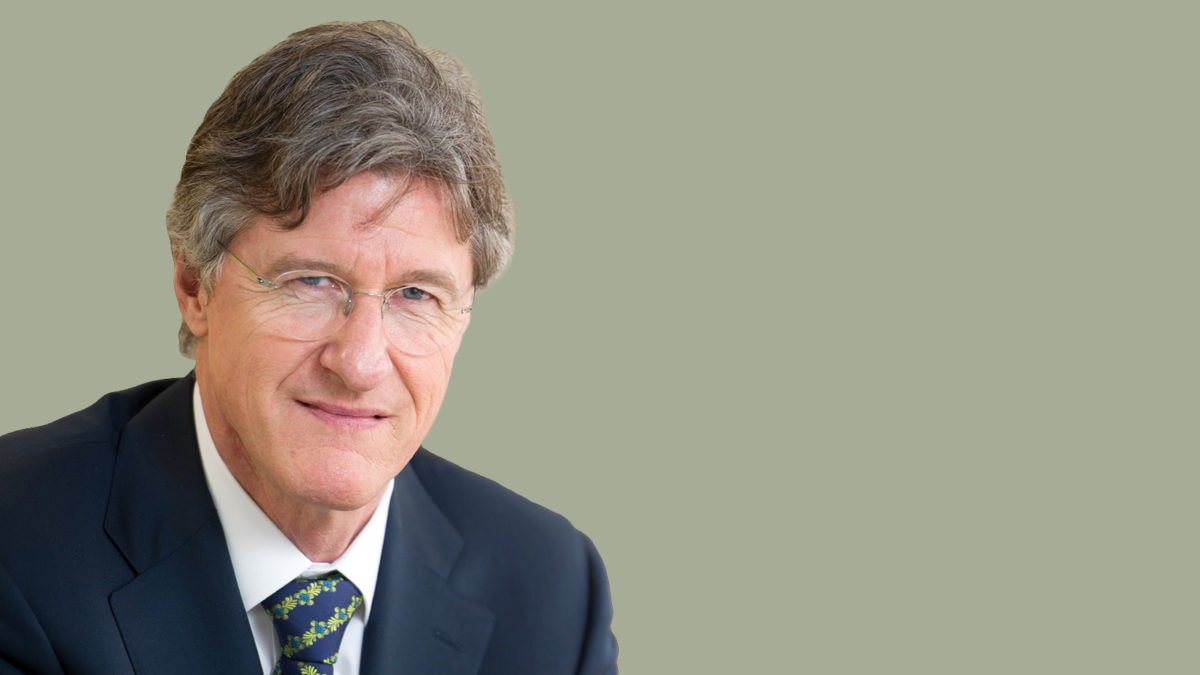‘Industrial evolution’ and the new energy order
“We’ve changed the global energy system before,” says John Streur (pictured), chair of Calvert Research and Management. “We started the Industrial Revolution on wood, then changed to oil. More recently it’s been gas. And now we’re adding renewables. And when these changes have occurred they’ve had a massive impact on the global political structure and the global economic structure.”
Streur notes that most of the fossil fuels in the world are controlled by state actors – Saudi Arabia, Russia, Iran – but the potential new system as it stands is more concentrated in terms of geopolitical risk; it shifts power towards China and away from other countries. That’s part of the reason that governments around the world are offering highly attractive subsidies to renewables.
“This question of what is really going to happen to the fossil fuel industry over the next 20 years is a question that is going to inform geopolitics as well as everyday life around the world,” Streur says. “I don’t mind the narrative that everything is going to be running on wind and solar soon, but I doubt the narrative is right. There’s too much at stake and it’s too early to say if that’s the way things are going to work. It’s a fascinating question and it involves everything from chemistry and physics to geopolitics and economics.”
The ESG narrative that prevailed through the 2010s was challenged by the shocks of 2022, with the war in Ukraine sending fossil fuel companies rocketing up the benchmark and growthy tech companies – armed with strong ESG scores that had seen them included in countless ‘green’ products and strategies – plummeting as the free money that fueled their growth was suddenly yanked away. But Streur says that for asset owners and managers who have been working “in-depth” in the space it’s a different story.
“Broadly, these growth portfolios scored well and when they went down people said ‘Oh my goodness, ESG is not doing well’; but what is happening at the serious end of the business, at the leading edge, investors are no longer just leaning away from higher-emitting companies,” Streur says. “They’re distinguishing the companies within that group that are able to innovate and pivot and decarbonize in a way that is going to work for them financially and improve their competitive position. We think of it as industrial evolution. That’s a not insignificant change that we see happening in the world of so-called ESG.”
“We’re at a point now where some companies have reached a maturity level in terms of dealing with these issues where they’re beginning to make moves. In ESG portfolios you’re beginning to see a greater number of companies that have fairly significant emissions but are on a pathway to deal with it in a competitive manner.”
New mechanisms to price the externalities of high-emitting companies are also helping, Streur says; the market has historically done a poor job of pricing things like carbon and methane, but new regulation and legislation in Australia and around the world is beginning to improve that function.
“Government has stepped in to create greater transparency because the market wasn’t doing it; that’s what’s going to draw capital in to create all this innovation. In both the US and the EU and forthcoming in (Australia’s) economy we’ve got various pricing mechanisms around carbon, and that will draw in entrepreneurs and innovators because you’ll have a price point to work against.”
“They’ll be able to say “Okay, direct air capture – that stuff now pays $180 a ton.’ At $180 a ton it’s economically viable. That’s a game change; you’d think there’d be a bell going off someplace but there’s not. I think this concept of pricing and transparency and the impact on cost structures and the rationing function that the market plays are significant events. We’re all distracted with bad loans and commercial real estate, but there’s some really interesting stuff that’s happening.”











